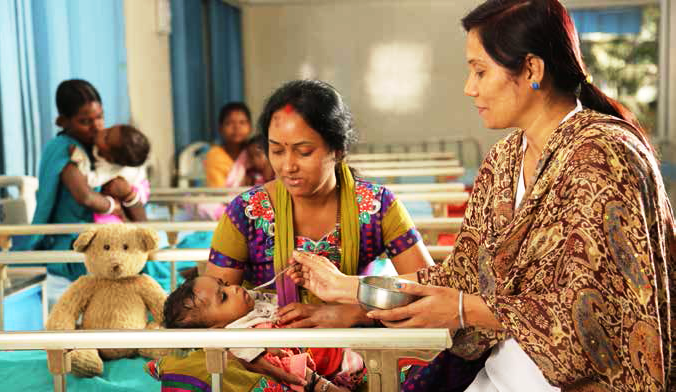Tata Motors addressed 15 out of 17 Sustainable Development Goals
Related Articles
CSR News: Over 800 Participants Celebrate Earth Day with Fitness and Sustainability
In a unique tribute to Earth Day, Anant Raj Limited successfully hosted the Anant Raj Runathon 2025—a vibrant celebration of fitness, family, and sustainability.
The...
Top CSR initiatives in Nagpur
Nagpur is a burgeoning city in Maharashtra which is considered among the greenest and cleanest in India. In addition to being the seat of...
CSR News: UP CM Yogi Adityanath lays foundation of rest house to be built through CSR at AIIMS Gorakhpur
Gorakhpur, India: Uttar Pradesh Chief Minister Yogi Adityanath laid the foundation stone of a 500-bed Powergrid Vishram Sadan (rest house) to be built at...

